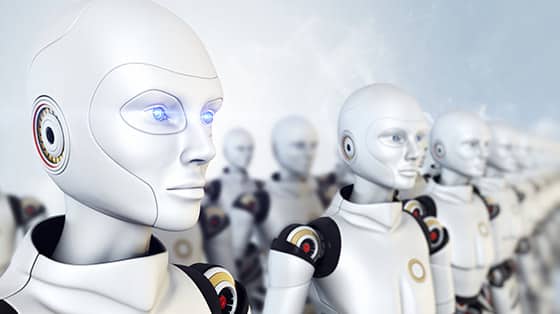
Breaking News
 Nancy Pelosi has officially announced her RETIREMENT at the end of her term, January 3, 2027.
Nancy Pelosi has officially announced her RETIREMENT at the end of her term, January 3, 2027.
 Omeed Malik: The Technocrat Muslim Billionaire Inside MAGA
Omeed Malik: The Technocrat Muslim Billionaire Inside MAGA
 Democrat-led government shutdown is now causing flight delays, threatening air traffic control,...
Democrat-led government shutdown is now causing flight delays, threatening air traffic control,...
Top Tech News
 HUGE 32kWh LiFePO4 DIY Battery w/ 628Ah Cells! 90 Minute Build
HUGE 32kWh LiFePO4 DIY Battery w/ 628Ah Cells! 90 Minute Build
 What Has Bitcoin Become 17 Years After Satoshi Nakamoto Published The Whitepaper?
What Has Bitcoin Become 17 Years After Satoshi Nakamoto Published The Whitepaper?
 Japan just injected artificial blood into a human. No blood type needed. No refrigeration.
Japan just injected artificial blood into a human. No blood type needed. No refrigeration.
 The 6 Best LLM Tools To Run Models Locally
The 6 Best LLM Tools To Run Models Locally
 Testing My First Sodium-Ion Solar Battery
Testing My First Sodium-Ion Solar Battery
 A man once paralyzed from the waist down now stands on his own, not with machines or wires,...
A man once paralyzed from the waist down now stands on his own, not with machines or wires,...
 Review: Thumb-sized thermal camera turns your phone into a smart tool
Review: Thumb-sized thermal camera turns your phone into a smart tool
 Army To Bring Nuclear Microreactors To Its Bases By 2028
Army To Bring Nuclear Microreactors To Its Bases By 2028
 Nissan Says It's On Track For Solid-State Batteries That Double EV Range By 2028
Nissan Says It's On Track For Solid-State Batteries That Double EV Range By 2028
The Implication Of Rapidly Improving Artificial Intelligence

Recognizing the human voice, new tech gadgets can play music, search the web, shop online, check the weather, and even switch on the lights or control the central heating. But while we get to know these new interactive electronics, a report last week sounded the alarm over the implications of rapidly improving artificial intelligence.
They listen, they talk and very soon, according to some experts, they will be taking over our homes, our jobs and our lives. Thousands of Americans unwrapped voice-activated electronic devices on Christmas Day. Amazon's Alexa service, Apple's Home Pod, and Google's Home speakers were among the best-sellers.
The study, from the Institute for Public Policy Research (IPPR) warns of thousands of jobs being lost to robots and those with those on lowest wages likely to be hardest hit. As it becomes more expensive to hire people for work because of government intervention like minimum wage hikes and overbearing regulations, more companies are shifting to robotics to save money on labor.

 The Technocratic Dark State
The Technocratic Dark State Carbon based computers that run on iron
Carbon based computers that run on iron

